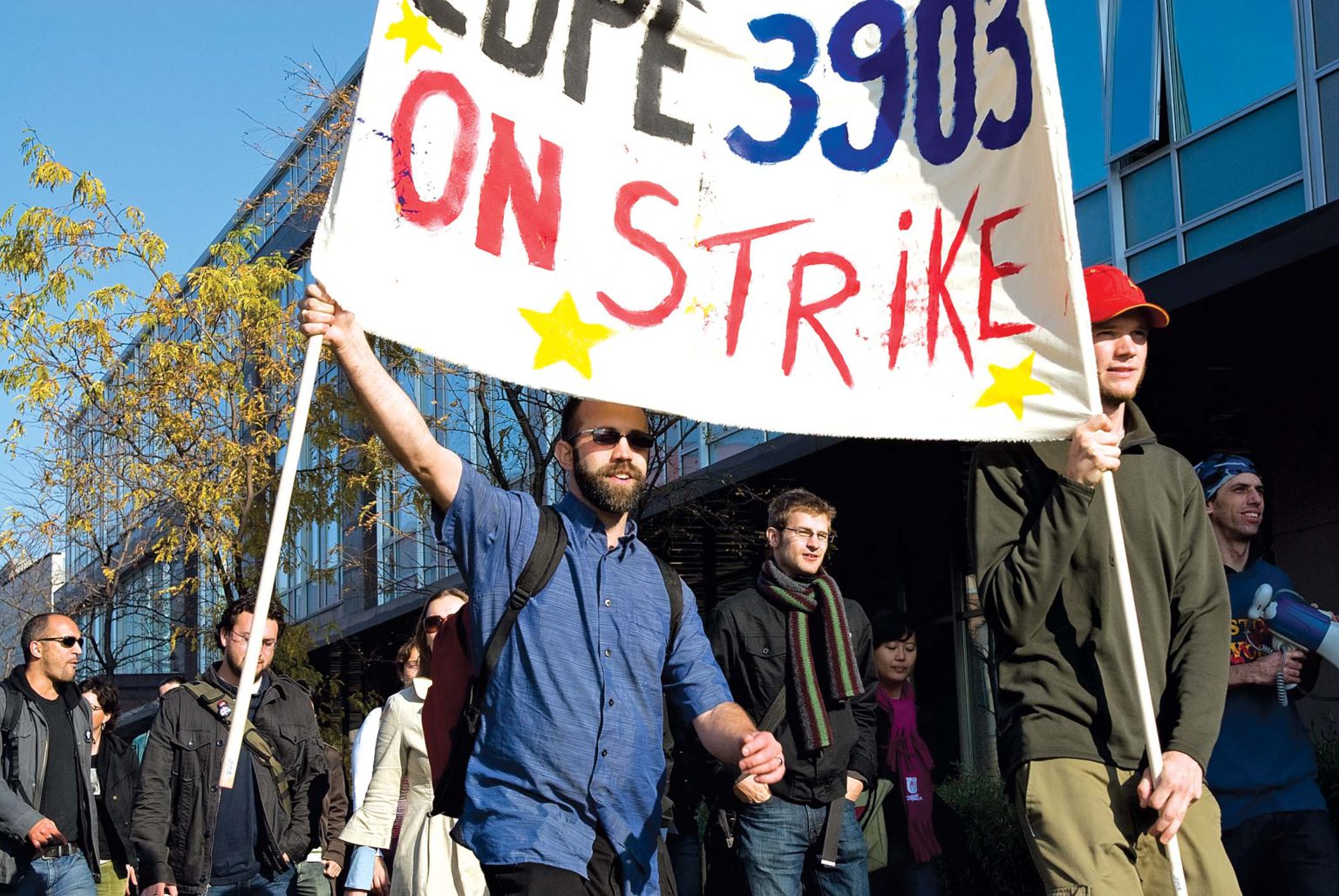
There is no set timeframe on the expiry of an industrial action ballot in Northern Ireland provided action is taken within eight weeks of the result. In Northern Ireland the notice period is one week.īallots in support of industrial action are effective for six months, or nine months with the agreement of the employer, in England, Scotland and Wales. The law also dictates that trade unions must undertake confidential postal ballots in respect of industrial action and in England, Wales and Scotland, give employers two weeks’ notice of industrial action taking place. If 50 voted and 39 voted in support, it would still not be lawful to take industrial action, even though the vast majority voted for it. This means that if 100 important public services workers are eligible to vote, at least 50 must turn out and vote, and at least 40 of them must vote in favour. In England and Scotland, the law also states that for workers whose role involves the delivery of “important public services”, trade unions must meet an additional 40% support threshold among all workers eligible to vote, as well as the 50% turnout threshold, for action to be lawful. So, if 100 workers are eligible to vote, and only 49 turn out for the vote, workers cannot take industrial action even if all 49 vote in favour. In England, Scotland and Wales, the legislation states that industrial action ballots must attract at least a 50% turnout and the majority must vote yes for action to be lawful. There is separate legislation in Northern Ireland. It was amended in 2016 to cover turnout, with additional requirements for public services. The Trade Union & Labour Relations (Consolidation) Act 1992 sets out the legal requirements in respect of industrial action in England, Scotland and Wales. There are strict legal thresholds in England, Scotland and Wales in terms of voting turnout, and important public services thresholds in England and Scotland, that need to be met in respect of any statutory industrial action ballot organised by the RCN, for either form of industrial action to be lawful. However, an indicative ballot, that more informally gauges members' appetite for taking industrial action, can happen prior to this point. Only then could the RCN conduct a statutory ballot of its members on industrial action. What process would the RCN need to follow?įirst, there must be a trade dispute between workers and their employer. When RCN members went on strike in Northern Ireland (see picture above), those who remained on duty because they were derogated wore badges to indicate that they were nonetheless supportive of the strike. However, some members may be exempted from participating in industrial action if they are “derogated to work” because their role or service is safety critical. Taking strike action means not doing any work at all on the day (or part of the day) specified by the union.

It is commonly referred to as “working to rule”, which is a form of action in which employees do no more than the minimum required by the rules of their contract. While a strike is a complete stoppage of work, action short of a strike usually affects some aspects of work. What does taking action short of a strike mean? There is also protection from unfair dismissal for employees participating in official and lawful industrial action.

There is no legal right to strike in the UK, but there is statutory protection for the organisers of industrial action provided all the relevant statutory requirements are met.

A union must hold a ballot before organising either form of industrial action. There are two types of industrial action: strike action and action short of a strike. Industrial action involves members of a trade union working together to achieve a goal by withdrawing their labour.


 0 kommentar(er)
0 kommentar(er)
